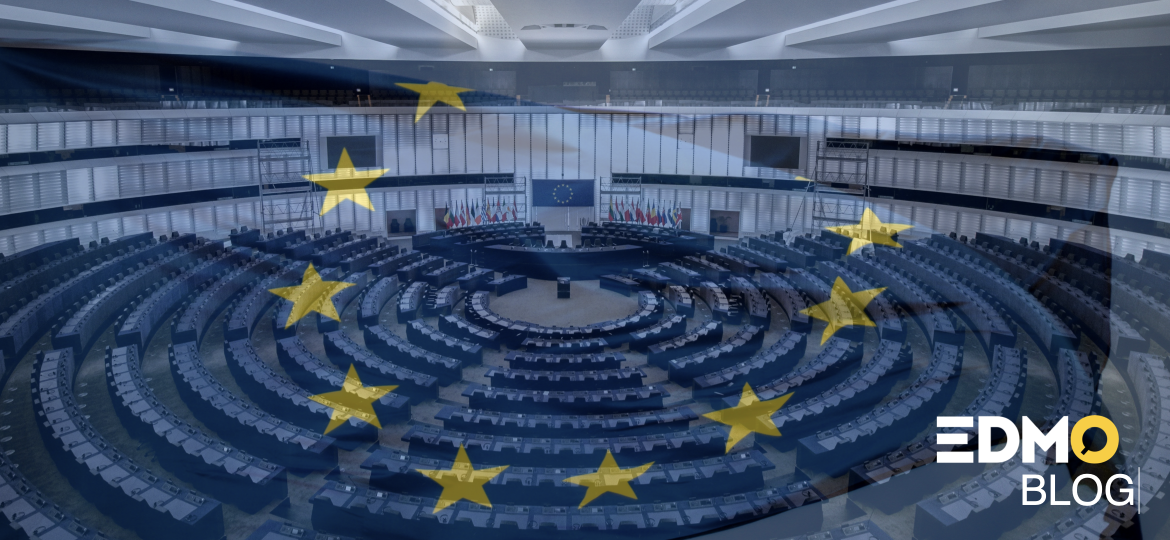EU Elections 2024: the battle against disinformation was won, but the attrition war is far from over
Tommaso Canetta
Coordinator of the EDMO fact-checking activities
Key words: EU, EU Elections, Disinformation
The European elections 2024 concluded properly and peacefully. Voter turnout, according to preliminary data, should be around the same percentage as 2019 (the highest since the EU enlargement to 25 members). No major last-minute disinformation-related incidents have been detected, according to the monitoring carried out by the EDMO Taskforce On 2024 European Elections. This result should be seen as a source of pride for the whole European society and in particular for the community that monitors and counters disinformation.
Awareness around the issue of disinformation by the political and media environment, as well as by the general public – together with the readiness of institutions, platforms, fact-checkers, researchers and of everyone involved in the fight against disinformation – could have deterred malicious actors from any major attempt in the last few days and hours before the vote.
Looking ahead, this is very encouraging: if we light our gates, build towers and walls to defend them in case of an attack, instead of leaving them abandoned in the dark, bad actors are much less bold in their attempts to climb over them to pollute the European public discourse.
Sadly, good news stops here. Disinformation produced many negative consequences in the previous months and years, adulterating the perceptions of many persons. In the last months before the election, disinformation’s growing pressure on many different topics – from the war in Ukraine to migrants, from climate change to the pandemic – was detected. In some cases foreign interference contributed to spreading false news and narratives, and almost always internal actors jumped on the same topics fostering polarization and divisions.
If the EU, the Member States, the media and other stakeholders involved would have given the same attention and relevance to the fight against disinformation in the past five years, instead of the past few months, how different would the situation in Europe have been? How many EU citizens would have not built their opinions on a factually wrong basis?
These 2024 elections can be a very useful memento for the future: investing energies, resources and time in fighting disinformation pays off. It is possible to keep bad actors at bay. But it is not enough to do so only before an important election or during a severe crisis. The European information space must be kept clean and monitored all the time and there is still a lot to do to ensure one of democracy’s cornerstones, the people’s fundamental right to be correctly informed. Winning an important battle against disinformation, only to lose the attrition war would be unforgivably short-sighted.
